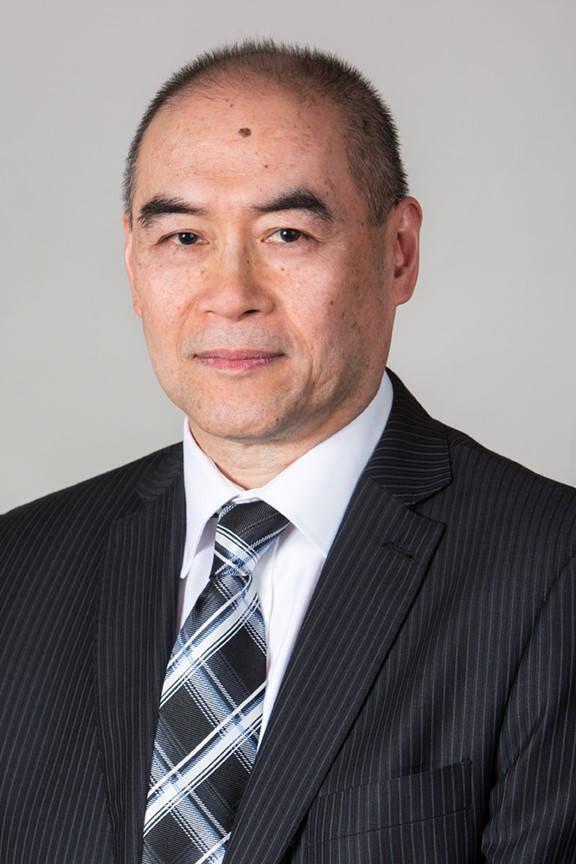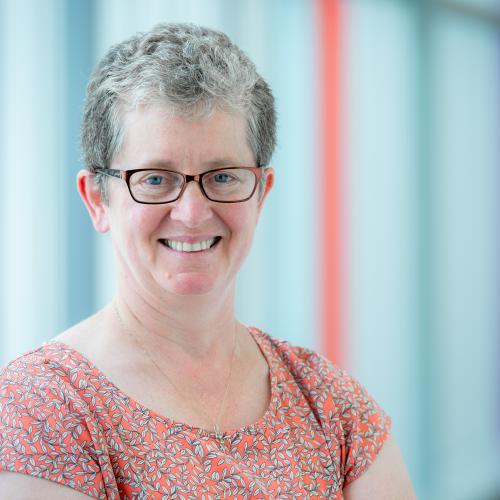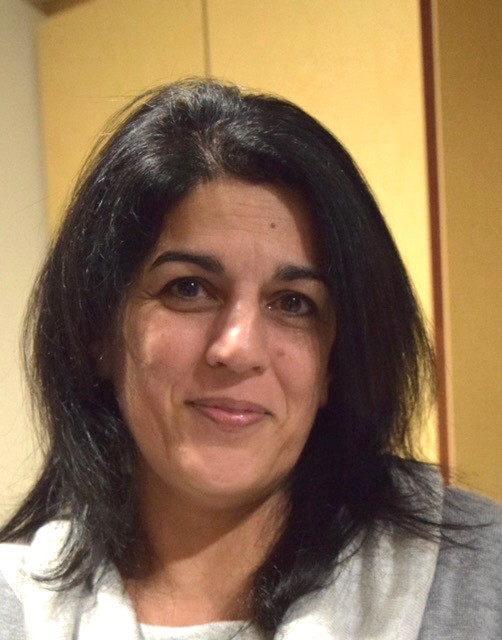To the global community, Canada is commonly known as a diverse, inclusive place where people are polite and say “sorry” too much. While this is a positive reputation to have, it can often promote the misconception that racism and discrimination do not exist in Canada.
When we take a closer look at our history of residential schools and discriminatory practices, we can see that there is still a lot of work to do to address racism, its effects in our communities and its impact on health outcomes.
The B.C. government recently declared May 23-29, 2021 as Anti-Racism Awareness Week, encouraging governments, organizations and individuals in B.C. to work together in support of anti-racism education. According to interim CEO, David Byres, prioritizing anti-racism and Indigenous-specific racism is essential to moving forward.
“Confronting acts of racism – whether they are overt or micro-aggressions – is an accountability that sits not just with one team or one individual, but with all of us. Anti-racism is not simply a ‘project’; it is a cultural, societal and transformational change that we must undertake if we are to create a society that is respectful, inclusive, equitable and just for all.”
When Mary-Ellen Turpel-Lafond’s In Plain Sight report was published in 2020, Indigenous-specific racism in B.C. was brought to the forefront and caused health care institutions to confront the reality of racism’s ongoing effects.
Our board of directors has established a new Cultural Safety & Humility Committee to ensure this work is an organizational priority. PHSA is in the midst of recruiting a vice president of Indigenous Health to continue to advance PHSA’s leadership in this area, with a commitment to actionable steps and addressing the In Plain Sight report recommendations.
There is also thoughtful work underway on the foundational policies and processes that will support anti-racism and the creation of a ‘speak up’ culture.
Here at PHSA, anti-racism work involves creating policies, tools and metrics that help to identify and put a stop to instances of racism. When he was given the opportunity, Bark Kong, executive director of business planning, jumped at the chance to be involved in anti-racism work. While it can be difficult at times, supporting anti-racism has caused him to reflect on his own attitudes, actions and unconscious biases.
 “The work of anti-racism is an enormous task. It is hard work because it requires reflection and admitting historical injustices. Through the Anti-Racism Project Team, PHSA is taking the first steps by establishing policies and reporting tools to create an environment where there is no tolerance for racism.”
“The work of anti-racism is an enormous task. It is hard work because it requires reflection and admitting historical injustices. Through the Anti-Racism Project Team, PHSA is taking the first steps by establishing policies and reporting tools to create an environment where there is no tolerance for racism.”
At BC Children’s Hospital and BC Women’s Hospital + Health Centre, Dr. Jana Davidson, chief medical officer of both hospitals, hopes to see a culture where employees and patients are empowered learn about each other and call out injustice when they see it.
When we focus on a culture of anti-racism, not only will health care outcomes improve, but we become enabled to innovate and grow in a way that benefits everyone.
 “Bringing different perspectives forward makes for a much richer society. As we work towards eliminating racism in health care, I believe racialized peoples will gain the freedom to seek care, and if they are health care providers to work in a welcoming, respectful and supportive health care system.”
“Bringing different perspectives forward makes for a much richer society. As we work towards eliminating racism in health care, I believe racialized peoples will gain the freedom to seek care, and if they are health care providers to work in a welcoming, respectful and supportive health care system.”
If we actively disrupt racism, the level of health and well-being in our society will improve and we will all be better for it.”
The Provincial Language Services (PLS) team is responsible for providing language accessibility for B.C. health authority programs and services. Because over 90 per cent of the patients PLS serves are racialized, having an anti-racism approach is critical, says PLS director, Kiran Malli.
According to Kiran, linguistic diversity in BC has grown over the last several years and with that comes diversity of race, ethnicity, ways of communicating and accents. She hopes to see corrective action take place against racism as acknowledging the problem is not enough.
 “I am working towards ensuring that there are no blind spots or gaps in PLS services. This means checking assumptions and understanding who we are currently serving to determine who we may not be serving.”
“I am working towards ensuring that there are no blind spots or gaps in PLS services. This means checking assumptions and understanding who we are currently serving to determine who we may not be serving.”
As we continue to support anti-racism at PHSA, it is important to acknowledge that there is still work to be done to ensure we are all educated and equipped to deal with racism. For Bark, it is encouraging to work towards change with other committed individuals across the organization.
“I would like to see an environment where employees and volunteers feel safe to report racism that affects the workplace. I look to those on the Anti-Racism Project Team as models of the dedication and passion that is necessary to spark a movement toward changing the community”.
Check out these
anti-racism reminders and share them with your family and friends to spark conversations.
Read more about the B.C. government's
Anti-Racism Awareness Week proclamation and the work that is being done towards inclusion for all people.
